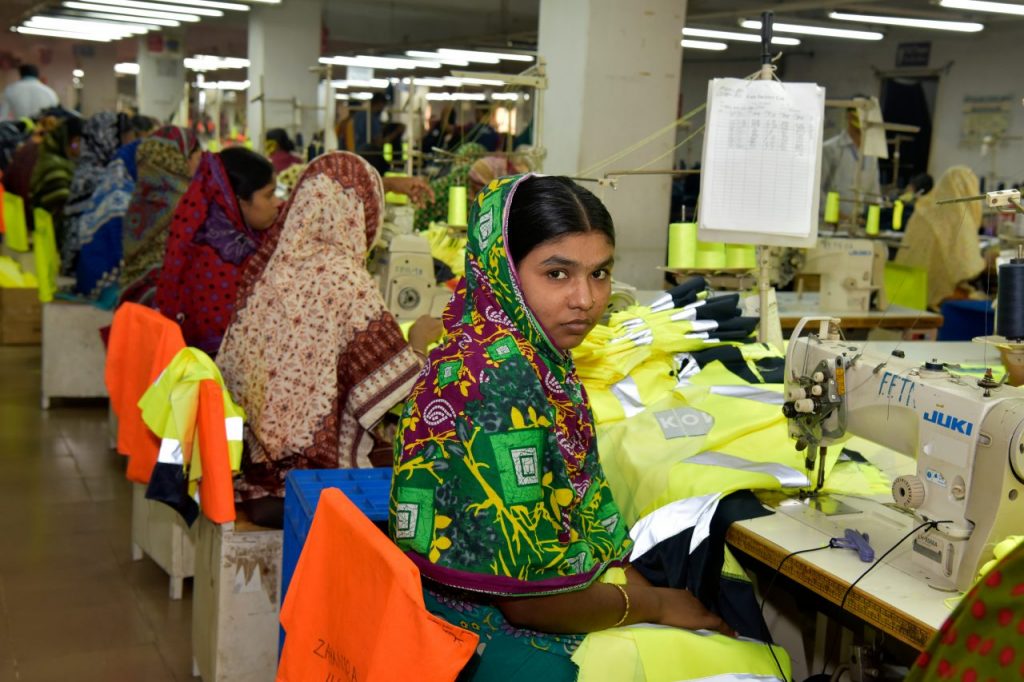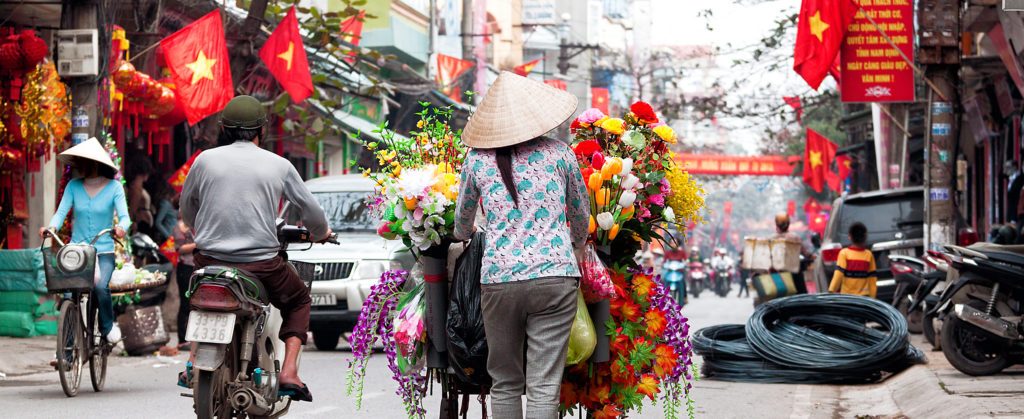Join GlobalBizzNetwork and start your international business network today.

Driving social impact for women in the RMG industry in Bangladesh
The ready-made garment (RMG) industry in Bangladesh has been a catalytic engine of economic development and social impact for the last four decades. It contributes 83% share of the country’s total exports[1] and has been a consistent force behind an impressive GDP annual growth of over 6% since 2005. It has also been a driver of women’s participation in the workforce, providing employment opportunities for millions of women from rural areas.
Leveraging its scale and presence, RMG is also a sector ideally placed to help lift the country from the burden of malnutrition. Bangladesh’s RMG industry employs over 4 million people, of which over 60% are women. Almost half of factory workers are believed to experience malnutrition and anaemia, a condition made worse for many women when they become pregnant.
The effects of this are pervasive as malnutrition wreaks havoc on women, their children and the economic prospects of countries. A woman who suffers from anaemia and malnutrition is more vulnerable to infectious diseases and more likely to experience stillbirths. Her children are in turn more likely to die prematurely, to suffer from poor health and to be at a permanent educational and economic disadvantage throughout their whole lives. This has an unavoidable effect on economic performance as it is estimated that 7.9% of Bangladesh’s GDP is lost due to anaemia.
A partnership catalysing change
The ready-made garment industry is uniquely positioned to play a transformational role in addressing this issue. Expressing the stark contradictions arising from a rapid urbanisation and economic growth paired with a growing social rights awareness, RMG factories are not just places where women earn their living, but also places where women eat, learn, and socialise. They are therefore excellent venues to offer nutritional interventions that have both immediate and lasting impact to their lives and the lives of their children.
To capitalise on this opportunity, The Power of Nutrition and PVH Corp. [NYSE:PVH] recently announced a new partnership that will help tackle undernutrition in the ready-made garment industry by introducing essential nutrition services and support for working mothers and pregnant women in PVH suppliers’ factories in Bangladesh.
The partnership between PVH and The Power of Nutrition forms part of a four-year, $15 million national programme through which UNICEF Bangladesh is supporting the Government of Bangladesh to scale up critical nutrition interventions for pregnant women and children in Bangladesh districts where undernutrition rates are highest.
With support from PVH, UNICEF Bangladesh and The Power of Nutrition will introduce an additional core package of nutrition support in eight PVH supplier factories through UNICEF and Better Work Bangladesh’s Mothers@Work programme. Mothers@Work provides minimum standards of maternity protection and breastfeeding support to women in RMG factories, including breastfeeding spaces and breaks, childcare provision, paid maternity leave, cash and medical benefits, employment protection and non-discrimination, and safe-work provision for expectant mothers. The programme has successfully reached 92 factories and 160,000 workers. PVH’s investment in The Power of Nutrition and UNICEF’s programme will also support in-country advocacy to strengthen the nutrition regulatory framework in Bangladesh and protect working women and mothers’ rights.
This partnership signals a commitment by the RMG sector to deploy investment for social impact across their supply chains, and is also is a great example of how pooling resources and expertise from different sectors maximises transformational change for women and communities.
Source: businessfightpoverty.org







